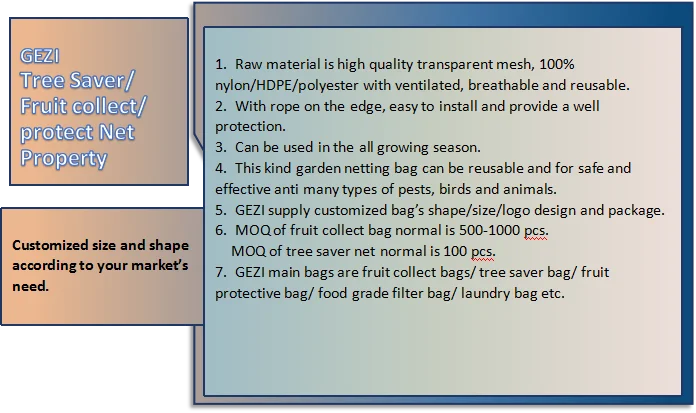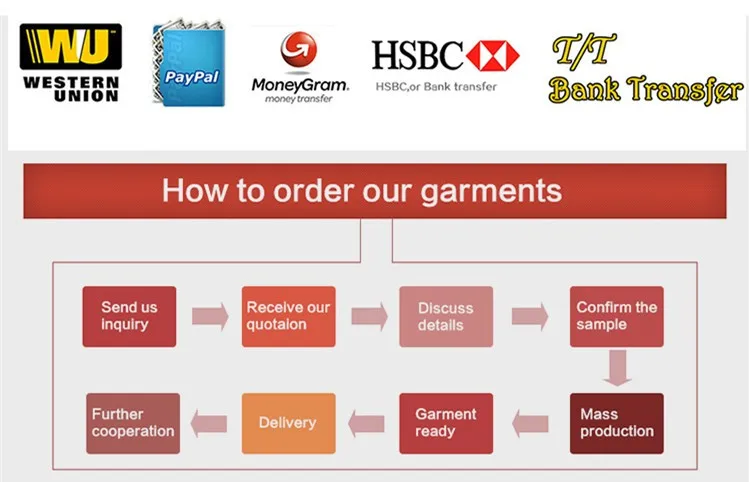"FHA or Conventional Loan: Which Mortgage Option is Right for You?"
#### Understanding FHA LoansFHA loans, or Federal Housing Administration loans, are designed to help lower-income borrowers or first-time homebuyers secure……
#### Understanding FHA Loans
FHA loans, or Federal Housing Administration loans, are designed to help lower-income borrowers or first-time homebuyers secure financing for a home. These loans typically require a lower down payment, often as low as 3.5%, and are more lenient when it comes to credit scores. This makes them an attractive option for individuals who may struggle to qualify for conventional loans. The insurance premiums required for FHA loans can be higher than those for conventional loans, but the accessibility they offer can outweigh the costs for many buyers.
#### Benefits of FHA Loans
One of the primary benefits of FHA loans is the lower down payment requirement. This can be a game-changer for first-time buyers who may not have substantial savings. Additionally, FHA loans allow for higher debt-to-income ratios, which means borrowers can qualify for a larger loan amount even if they have existing debts. The fixed interest rates associated with FHA loans also provide stability in monthly payments, making budgeting easier for homeowners.

#### Understanding Conventional Loans
Conventional loans are not insured or guaranteed by the federal government, which means they typically have stricter requirements compared to FHA loans. These loans can be conforming, meeting the guidelines set by Fannie Mae and Freddie Mac, or non-conforming, which do not meet those standards. Borrowers usually need a higher credit score, a larger down payment (often 5% to 20%), and a lower debt-to-income ratio to qualify for a conventional loan.
#### Benefits of Conventional Loans
Conventional loans often come with fewer fees and lower overall costs compared to FHA loans, especially for those with good credit. Borrowers can avoid the private mortgage insurance (PMI) requirement if they put down at least 20%, which can result in significant savings over time. Additionally, conventional loans offer more flexibility in terms of property types and loan amounts, making them suitable for a wider range of buyers.
#### Key Differences Between FHA and Conventional Loans
When deciding between FHA and conventional loans, it’s important to weigh the differences carefully. FHA loans are generally more accessible for those with lower credit scores and smaller down payments. However, they come with higher insurance premiums that can add to the overall cost of the loan. On the other hand, conventional loans may be more cost-effective for those with good credit and the ability to make a larger down payment.
#### Which Loan is Right for You?
Choosing between an FHA or conventional loan depends on your financial situation, credit history, and homeownership goals. If you’re a first-time homebuyer with limited savings and a lower credit score, an FHA loan may be the best option. However, if you have a strong credit profile and can afford a larger down payment, a conventional loan could save you money in the long run.

In conclusion, both FHA and conventional loans have their advantages and drawbacks. It’s crucial to assess your personal circumstances, consult with a mortgage professional, and consider your long-term financial goals before making a decision. By understanding the nuances of each loan type, you can make an informed choice that aligns with your needs and helps you achieve your dream of homeownership.